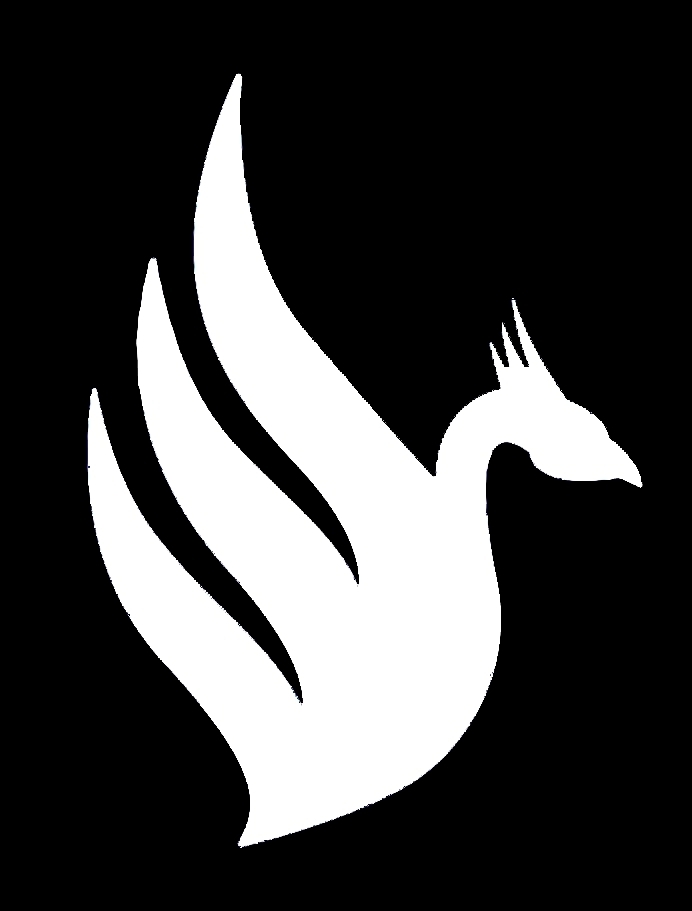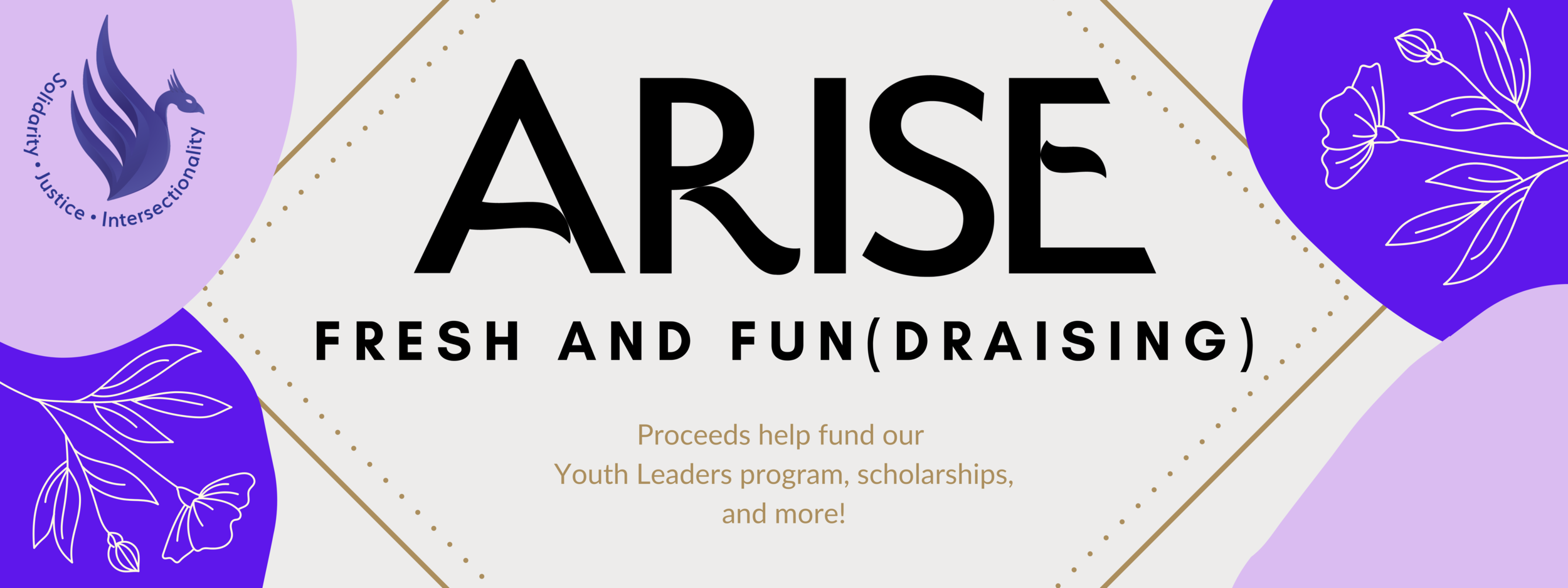Voices of Change with the Rhode Island Coalition Against Domestic Violence
The burden of the COVID-19 pandemic has not affected all Rhode Islanders equally. The unacceptable structural inequities that existed before the pandemic have been dramatically exacerbated during this time. People most impacted include women, Latinx, Black, and Southeast Asian communities and other communities of color, youth, immigrants, people who are undocumented, and people who speak a diversity of languages other than English.
The COVID-19 pandemic has compounded many of the risk factors linked to greater likelihood of IPV perpetration, such as low income, unemployment, economic stress, poverty, social isolation, and lack of social support. Primary prevention strategies that address these risk factors and promote protective factors in Rhode Island communities, particularly those disproportionately harmed by COVID-19, the resulting economic crisis, and IPV, are as critical as they’ve ever been.
It is also critical to use a racial equity lens to address the social and structural determinants of health in communities most impacted. However, in many ways, the state’s pandemic response and relief efforts have not centered the needs and voices of directly impacted communities, including Rhode Island’s four core cities and many community-led organizations.
During this time of crisis, community-based organizations led by and for people of color have been doing the important work of supporting and mobilizing community members to lead the way in addressing immediate emergency needs, through mutual aid and other efforts. Women of color and youth of color, in particular, have been stepping up to fill the gaps and do the urgent work that’s needed, while also organizing on long-view goals to end violence and oppression and create a new, just world.
Themes explored in this series include:
The collective power of our communities
Resilience and perseverance
Re-imagining
Community Centered Solutions
Community Held Knowledge
Communities leading the work and making change happen now, not waiting for the state/systems to do the right thing
Envisioning a world free from violence, poverty, racism, and oppression. A vibrant, equitable Rhode Island, one where everyone is safe and every person can thrive.

